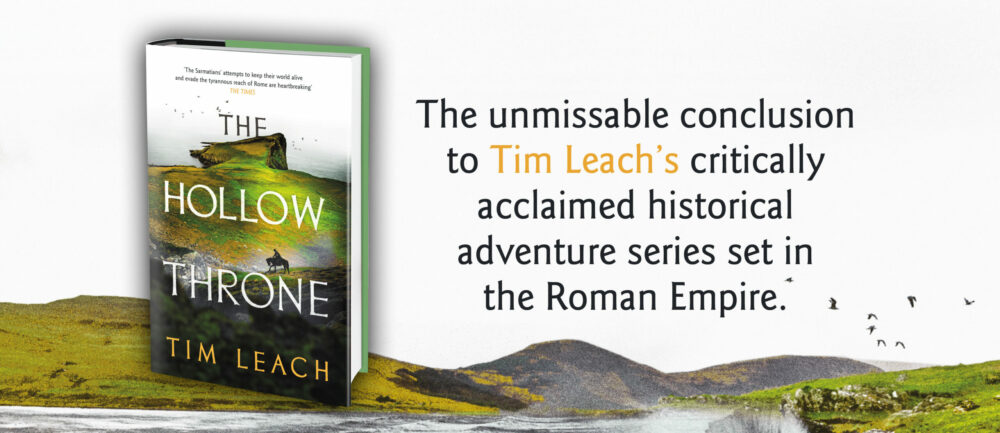Your agent calls. She’s set up a meeting with the editor.
You may have met already when the deal was being negotiated, but this is the first time you’ve seen each other since the contract has been inked. The previous meeting may have been tense but understandable – you knew then what was at stake. Now you realise, suddenly and rather embarrassingly, that you have only the vaguest idea of how a manuscript becomes a published novel. This meeting is a step out into the unknown.
You’ll ask your agent something professional sounding about contracts or process, to buy time. Your pride will probably prevent you from actually asking the questions you want to, which are “What the hell am I supposed to do at this meeting?” and “Will you please come with me?”. You may try a more neutral “Will you be there?”, trying not to sound too pathetic, only to be politely, firmly rebuffed.
You realise, with a certain sadness, that you won’t be working with the agent on this book any more. Her job has been done, and it is only proper that she hands over to the editor, but she’s been a part of your creative landscape for so long that it is painful to have her leave it. You console yourself with the thought of working with her on the next book, and ready yourself to meet your new creative partner in crime.
You will dither over what to wear, so save yourself some time and just wear jeans and a blazer, like every other aspiring writer who thinks they invented smart casual. No, don’t put on a tie. Of course you’re much too early to the publisher’s office, like you are for an interview. It’s an association that instantly makes you twice as nervous, as you go for a few half hearted victory laps around the block to kill some time.
You’re in the office for just a moment, wandering around like a lost intern, before being whisked back out again to the nearest pub. You sit down with no small amount of trepidation. The relationship with the agent will have gotten so comfortably familiar that you’ve forgotten what it’s like to sit down with a stranger to talk about your work, how alarmingly intimate it feels to have them handling a portion of your brain and wondering what changes to make. When someone has read your book, it feels as though they know everything about you, and you know nothing about them, and the imbalance can be unsettling.
Luckily, there is going to be plenty to drink. Publishing is an engine that runs on gossip and is lubricated by expense accounted drinks, and, as you will fortunately discover, these drinks are distributed on a strict hierarchy that favours the writer. Agents buy for editors, and editors buy for authors. In fact, everyone buys for authors, because they have no money and always look like they need a drink. So just focus on getting the first pint or three down, and everything will go smoothly from there. Mind you, make sure you keep your drinks simple. Lager is good, gin and tonic even better. Straight whisky is a little posy, stout and bitter probably harmful to your exciting young writer image. Cocktails are right out.
You’ll spend about 90% of the time gossiping about other writers and listening to publishing scandal stories (don’t worry, they’re good stories) and 10% of your time actually talking about your book. Great affection will be expressed towards your work that you’ll pretend to bat away, mentally storing every word up to feast on later. Editorial changes will be mentioned vaguely, but you’re no stranger to changes by now, and so you can nod and smile and deal with them when they come through. You’ll get vague hints about timetables, what will happen when, but little concrete information, everything clouded in conditionals. Perhaps it is better this way. You aren’t quite ready for the dream to be made solid yet.
The whole thing rapidly becomes friendly, and reassuringly irreverent. You may have imagined your tender brainchild being brutalised at the hands of some corporate assassin, but you’ve got be daft to be in the book trade, it’s no place for a businessman these days. They’re just as mad as you are, you realise, a whole industry built out of slightly crazy people who are in love with books, lurching from one catastrophe to the next, somehow staying in business. You’re going to be at home here.
Afterwards, as you weave your way home, pleasantly drunk, you’ll reflect on the meeting. Something happened, but you aren’t really sure what. You imagine that there will be dozens of lunchtime chats and boozy afternoons like this where nothing seems to happen, and yet all the time your book is ricocheting from one meeting to another, slouching towards publication, waiting to be born.
